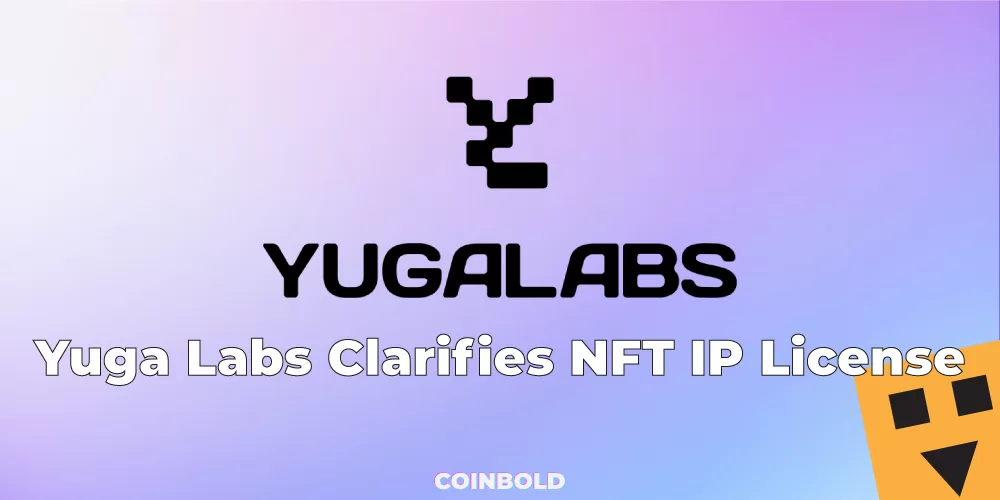Jeremy Goldman, a copyright and IP lawyer, helps NFT giant Yuga Labs clarify its IP licensing and commercial rights.
Jeremy Goldman stated that “What is not needed for copyright ownership is a copyright registration,” while noting that Yuga Labs owns the copyright in the Bored Ape Yacht Club (BAYC) NFT collection. Jeremy Goldman was referring to the fact that Yuga Labs owns the copyright in the Bored Ape Yacht Club (BAYC) NFT collection.
As the Ryder Ripps case progresses, the conversation around Yuga Labs’ intellectual property rights becomes more heated. Recent statements made by Yuga Labs, which were included in newly filed court filings, reveal that the company does not own “copyright registrations” for any of the 10,000 photographs that are part of the BAYC collection.
Yuga came to the same conclusion as Goldman and claimed that it is not necessary to register a copyright in order to possess and own the copyright. It is only necessary for a user to register a copyright if they want to pursue legal action against another individual.
Originality is “the sine qua non of copyright,” and the “requisite amount of inventiveness is incredibly low,” according to this definition. Goldman went on to say that in his opinion, there is no room for debate over whether or not the BAYC artwork “possesses at least some basic degree of innovation.”
Goldman claimed that human authorship is also necessary for copyright, and in the case of BAYC, people carried out the “lion’s share” of the labor and were responsible for igniting the “creative spark” of the project.
The lawyer specializing in intellectual property and copyright said that the right to duplicate anything occurs immediately the minute an original piece of authorship is committed to a physical medium of expression.
According to Goldman’s assertions, “in a nutshell, Yuga, like other artists, owns the copyright in their artwork regardless of whether they went through the administrative drudgery of registration.”
According to the attorney, Yuga has the authority to use and permit anybody else to use the BAYC artwork in her capacity as the owner of the copyright for the artwork.
According to Goldman, Yuga was able to assert its copyright by providing BAYC holders with two distinct property rights. These rights included ownership of the digital artwork as well as a wide license to make commercial use of the digital artwork.
He claims that Yuga’s new CryptoPunks license is more comprehensive, including an explicit statement that the transfer of rights is “exclusive,” but the fundamental tenet of both agreements remains the same.
The digital artwork that is associated with BAYC NFTs is protected by Yuga Labs’ copyright. Additionally, holders of BAYC NFTs are granted ownership of the artwork as well as a permission to use it for purposes that are either commercial or non-commercial, as he said.
In conclusion, Goldman said, “I hope that this article helps clarify once and for all the IP rights that holders obtain with their BAYC NFTs and shines some light on the complicated problems that are occurring at the junction of IP and NFTs.”
Compiled by Coinbold


